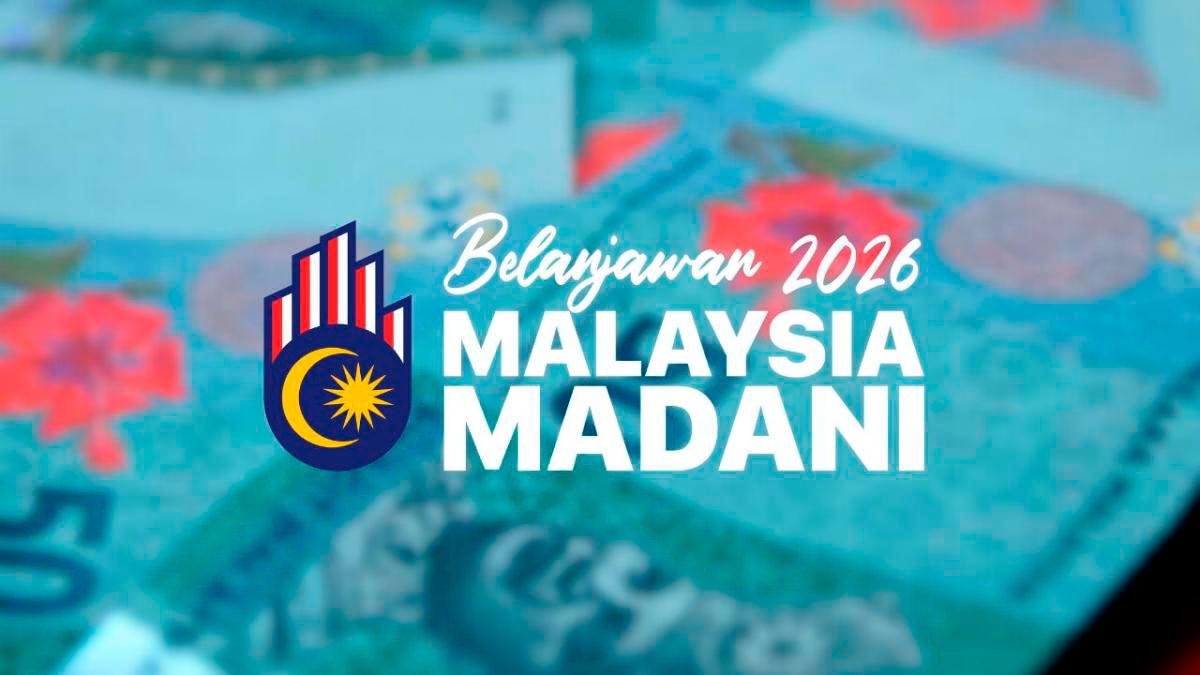PUTRAJAYA: The range of tax incentives introduced for the tourism and cultural sectors under Budget 2026 are seen as strategic measures to revitalise investment and boost active participation in the country’s tourism industry, thereby reinforcing the Visit Malaysia 2026 (VM2026) campaign.
Among the key incentives are tax deductions of up to RM500,000 on eligible expenses for tourism project operators undertaking the renovation or refurbishment of business premises, and attractive tax exemption initiatives aimed at stimulating foreign tourist arrivals to Malaysia.
In addition, a special individual income tax relief of up to RM1,000 has been announced for expenses related to entrance fees to local tourism attractions and cultural programmes.
Recreation business and tourism marketing expert, who is also the Dean of the Faculty of Forestry and Environment at Universiti Putra Malaysia, Prof Dr Azlizam Aziz, said the tax deduction incentive serves as a direct encouragement for industry players to enhance service quality, upgrade facilities, and expand promotional activities.
“The special individual income tax relief is a positive and strategic move to stimulate the domestic tourism sector in conjunction with Visit Malaysia 2026 (VM2026),” he said.
“This incentive not only helps ease the financial burden of those who wish to travel, but also has the potential to inject direct benefits into the local economy - particularly for small and medium-sized enterprises involved in accommodation, transportation, local food, and cultural activities,” he said.
However, he said that local tourism product entrepreneurs must be more creative in developing unique tourism offerings that can attract and engage domestic visitors, as well as maximise the use of social media for promotion.
“Our main weakness lies in creativity when it comes to drawing in potential visitors. Just compare us with neighbouring countries such as Indonesia, Thailand, and Vietnam.
“The products they offer are distinctive and have become their competitive advantage. We should avoid the culture of imitation in product development. For example, if Thailand’s floating markets are a success, it doesn’t mean we should simply copy and paste the same concept,” he said, adding that the VM2026 campaign requires an infusion of creative ideas - not merely financial investment.
Azlizam emphasised that tourism development should be inclusive and involve rural and village communities to ensure that the economic spillover benefits are felt comprehensively across all levels of society.
“The key is to create a valuable and meaningful experience. In the context of cultural tourism, for example, it would be more impactful if we could offer an immersive experience - one that fully engages visitors - and this can be effectively managed by small tourism operators in villages and small towns.
“This, however, requires continuous upskilling among service providers. Tourists will be more eager to stay longer and truly immerse themselves in the experience,” he said.
Apart from the tax deduction incentives, Prime Minister Datuk Seri Anwar Ibrahim, when tabling Budget 2026, announced an allocation of more than RM700 million to boost the tourism sector, including RM500 million specifically to ensure the success of the Visit Malaysia 2026 campaign. - Bernama









